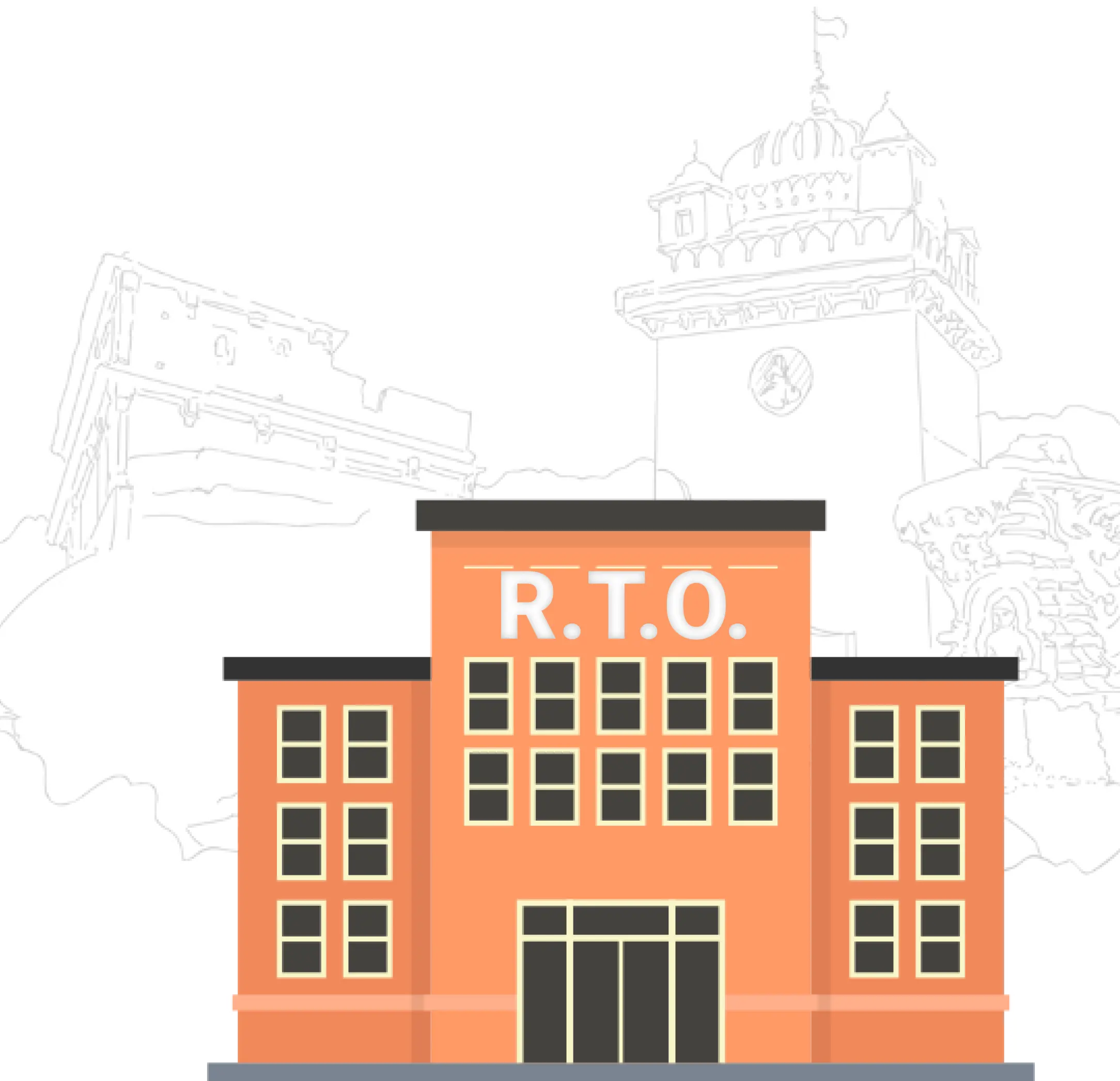RTO Mangalore: Vehicle Registration, Licensing, and Road Transport Services
Check Vehicle Details
Find Nearest RTO Office
Find RTO Office by State
Check RTO details state wise

RTO Telangana

RTO Andhra Pradesh

RTO Arunachal Pradesh

RTO Karnataka

RTO Madhya Pradesh

RTO Nagaland

RTO Mizoram

RTO West Bengal

RTO Tripura

RTO Maharashtra

RTO Kerala

RTO Meghalaya

RTO Punjab

RTO Haryana

RTO Himachal Pradesh
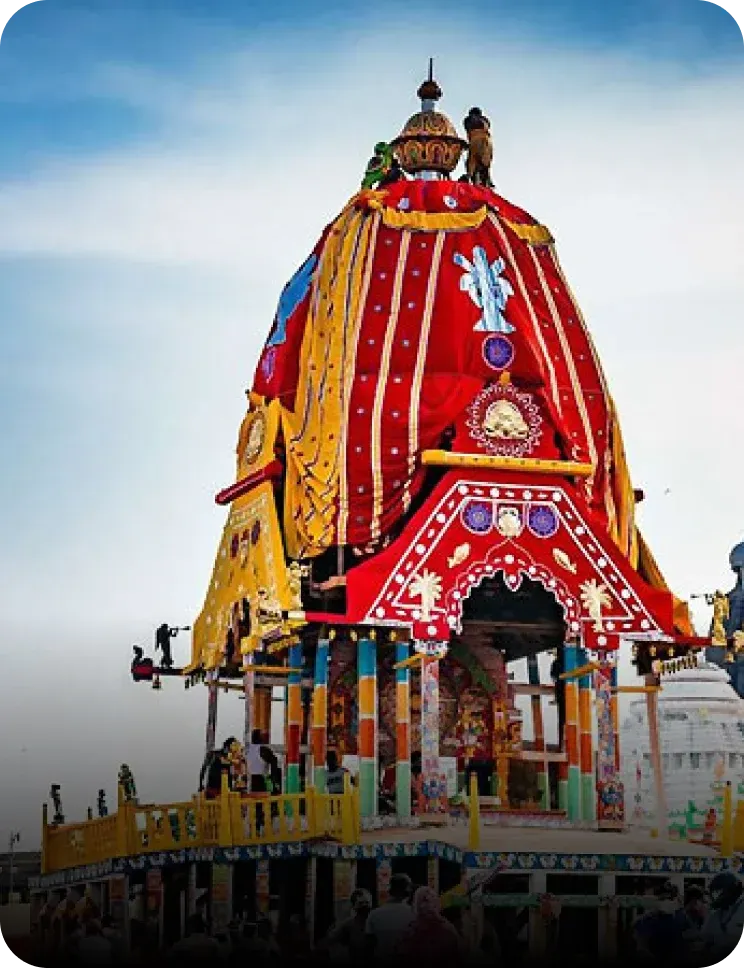
RTO Odisha

RTO Manipur

RTO Tamil Nadu

RTO Uttar Pradesh

RTO Gujarat

RTO Goa

RTO Jammu & Kashmir

RTO Jharkhand

RTO Sikkim

RTO Chhattisgarh
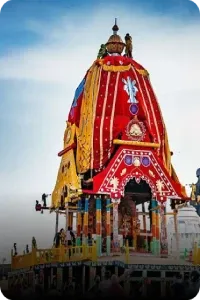
RTO Delhi

RTO Uttarakhand

RTO Bihar
Mangalore is a major port city that lies on the west coast of India. The city is a part of Karnataka state and is officially known as Manguluru. The Regional Transport Office (RTO) in Mangalore is governed by the government department of RTO Karnataka. Mangalore RTO code is KA-19.
The Mangalore RTO is responsible for conducting driving tests for issuing Learner's Licenses and Driving Licenses. It also maintains road safety and regulates traffic rules across the city. The RTO office facilitates vehicle registration, transfer of vehicle ownership, renewing driving licenses, issuing challans, etc.
Visit the official government Official Website for more information regarding RTO Mangalore. You can also visit the office for any additional enquiries.
Functions of Mangalore RTO
Mangalore RTO is obligated to provide all road and transport-related services to the citizens. Some of the principal functions of the RTO in Mangalore include:
Registration of vehicles: The RTO is responsible for issuing registration certificates for all new vehicles in the city.
Collection of road taxes: It also issues road taxes in the form of fines, fees, penalties, and challans to those who violate traffic rules. These funds are used for the maintenance and development of road safety.
Issuing driving licenses: RTO Mangalore is responsible for conducting driving tests and issuing Learner and Driving Licenses to the citizens.
Issuing Pollution Under Control (PUC) certificate: The RTO authority ensures that every vehicle adheres to pollution control regulations and issues PUC certificates.
Issuing vehicle fitness certificates: RTO issues a vehicle fitness certificate after ensuring the vehicle complies with all requirements.
Other Services: It is also responsible for granting permits to good carriers, renewal of DL and RC, issuance of NOC, etc. Also, ensures the enforcement of traffic rules as stated by the Motor Vehicles Act of 1988.
How to Register a Vehicle at Mangalore RTO
According to the Motor Vehicles Act of 1988, an application for vehicle registration has to be made within 7 days of purchase. If you plan on buying a vehicle in Mangalore, you will be required to register your vehicle at the Mangalore RTO.
To register your vehicle, you need to follow these steps:
Fill out Form 20: Form 20 is the application for Motor Vehicle registration. The form is available for download on RTO Mangalore's official website.
Additional documents required: You need to submit the following documents along with Form 20:
Form 21: Certificate of Sale
Form 22: Certificate of Compliance with Pollution and Safety Standards and Road Worthiness
Original and copy of insurance papers
Pollution Under Control (PUC) certificate
Identity proof such as a PAN Card or Adhaar Card.
Temporary registration certificate, if any.
After successfully submitting the required documents, you need to pay the registration fee.
An RTO officer will conduct his verification and investigation and issue a new registration certificate and vehicle number plate.
How to Renew Registration for a Vehicle at Mangalore RTO
The registration certificate expires after 15 years and hence needs to be renewed. Make sure that the renewal application is filed not more than 60 days before the original RC expires.
Here are the steps to renew your vehicle registration at Mangalore RTO:
Fill out Form 25: You need to fill out Form 25, which is the application for renewal of the vehicle registration certificate. The form is available online on the official website and offline at Mangalore RTO.
Additional documents required: Listed below are the additional documents required for renewing RC-
PUC Certificate
Proof of road taxes paid up to date.
Certificate of registration
Valid insurance certificate
Fitness certificate.
Vehicle owner's ID and address proof.
You are also required to pay a renewal fee for obtaining the renewed vehicle registration certificate.
Once all the necessary formalities are completed, the RTO officer will issue a renewed RC.
How to Transfer Vehicle Ownership at Mangalore RTO
In the case of the sale or purchase of an old vehicle, a transfer of vehicle ownership is required. This procedure is governed by the Mangalore RTO.
These are the steps required for filing for vehicle ownership:
Fill out Form 29 and Form 30: The first step is to fill out Form 29 and Form 30. You need to file a notice of transfer of ownership (Form 29) and an application for the transfer (Form 30).
Additional documents required: Other documents that are required for completing the procedure are-
Original registration certificate
Form 21: Certificate of Sale
Form 22: Certificate of Compliance with Pollution and Safety Standards and Road Worthiness
Original insurance certificate
Pollution Under Control (PUC) certificate
Proof of address, such as a PAN card or Adhaar card.
Passport-size photographs.
A transfer fee needs to be paid to the RTO authority after submitting the documents.
The RTO officer will issue a new registration certificate after completing his investigation.
How to check Mangalore RTO information on Park+
Download the Park+ app and check car-related information in a few swift clicks. The app provides information regarding challan status, the nearest RTO centres, car insurance details, and more. Let's see how you can find more information about RTO Mangalore on the app:
Download the Park+ app.
Open the app and click on "Login."
Enter your mobile number and click on "Send OTP."
Enter the "OTP" and click on "Verify OTP."
Navigate to "Services" and click the "View all" option.
To check your vehicle information from this screen, follow the below steps:
Enter your "Vehicle Number" at the top of the page.
Click on 'Search' to check vehicle information.
To find your nearest RTO from the Services screen, follow these steps:
To find your nearest RTO, go back to the all services screen.
Scroll down to the "Find near you" section.
Click on 'RTO Centre'.
Park+ makes the process of vehicle registration and driving license super easy with its user-friendly app. You can choose from the range of services offered in the app and access all the necessary information. Download the app to get started!
How to Register Vehicle Offline & Online in Mangalore Rto Information
The registration of vehicles is crucial to confirm the legality of driving and add legitimacy to the whole operation on the road. Here is a step-by-step procedure for vehicle registration online and offline:
Visit the nearest Regional Transport Office
Visit the nearest Regional Transport Office (RTO) or a designated vehicle registration centre
Collect application form
Collect the required application form for vehicle registration
Fill out all necessary information
Fill out the application form accurately with all necessary information, such as vehicle number, model, owner's details, etc
Attach documents
Attach the supporting documents, such as proof of identity, proof of address, vehicle invoice, insurance certificate, pollution under control (PUC) certificate, and chassis and engine number
Submit application to the designated authority
Submit the completed application form with supporting documents to the designated authority
Pay application fees
Pay the applicable registration fees and taxes at the designated counter
Authority will issue a RC
Upon verification of the documents and payment, the authority will issue a registration number and a registration certificate (RC) for your vehicle
Put registration number plate
Use the registration number plate on your vehicle as per the regulations given by the authority
Visit the Online Website
Visit the official website of the Ministry of Road Transport and Highways (MoRTH) or the respective state transport department's website.
Go to Online Vehicle Registration Section
Find and go to the Vehicle Ownership Section
Register/Log in
Register for an account or log in with your existing credentials.
Fill out the online application form
Fill out the online application form for vehicle registration with accurate details.
Upload scanned copies
Upload the scanned copies of the required documents, including proof of identity, proof of address, vehicle invoice, insurance certificate, PUC certificate, and chassis and engine number.
Pay Applicable Fees
Pay the applicable registration fees and taxes at the designated counter.
Submit application and documents
Make the online payment for registration fees and taxes using the available payment options.
Authority will issue a RC
After verification of the submitted documents and payment, the authority will issue a registration number and a digital registration certificate (RC) for your vehicle
Get digital RC
Download and print the digital RC from the online portal
Put registration number plate
Use the registration number plate on your vehicle as per the regulations specified by the authority
Why should you Prefer Park+ to Check RTO Details?






How to Transfer Vehicle Ownership Online and Offline in Mangalore Rto Information
Transferring vehicle ownership is a crucial process that involves legally transferring the rights and responsibilities of owning a vehicle from one individual or entity to another. Here is a step-by-step procedure for transferring vehicle ownership online and offline:
Visit the nearest Regional Transport Office
Visit the nearest Regional Transport Office (RTO) or designated vehicle registration centre to get the vehicle ownership transfer application
Fill all necessary details
Fill out the application form with all necessary details, including the seller's and buyer's information, vehicle details, and transferor's consent
Sign the application
Both the seller (transferor) and the buyer (transferee) must sign the application form along with two witnesses
Attach the supporting documents
1. Attach the supporting documents required for ownership transfer, such as: 1. Original registration certificate (RC) of the vehicle. 2. Proof of identity and address of both the seller and the buyer. 3. Sale agreement or deed of transfer (if applicable). 4. No Objection Certificate (NOC) from the financier (if the vehicle is under a loan). 5. Valid insurance certificate. 6. Pollution under control (PUC) certificate.
Submit application to the designated authority
Submit the completed application form with supporting documents to the designated authority at the RTO or vehicle registration centre.
Transfer fee and road tax
Pay the applicable transfer fee and road tax (if any) at the designated counter
Authority will issue a new RC
After verifying the documents and payment, the authority will update the ownership details in the vehicle's registration certificate (RC) and issue a new RC in the buyer's name
Receive updated RC
The buyer will receive the updated RC, and the seller will retain a copy of the sale agreement or deed of transfer for their records
Visit the Official Website
Visit the official website of the Ministry of Road Transport and Highways (MoRTH) or the respective state transport department's
Got to Vehicle Ownership Transfer
Open the online vehicle ownership transfer portal
Register/Log in
Register for an account or log in with your existing credentials.
Fill Out the Online Application Form
Fill out the online application form for vehicle ownership transfer with accurate details, including seller's and buyer's information, vehicle details, and transferor's consent.
Upload Scanned Copies
1. Original registration certificate (RC) of the vehicle. 2. Proof of identity and address of both the seller and the buyer. 3. Sale agreement or deed of transfer (if applicable). 4. No Objection Certificate (NOC) from the financier (if the vehicle is under a loan). 5. Valid insurance certificate. 6. Pollution under control (PUC) certificate.
Transfer Fee and Road Tax
Make the online payment for the transfer fee and road tax (if any) using the available payment options.
Submit Application & Documents
Once the payment is processed, submit the application form and documents through the online portal.
Receive Updated RC
After verification of the submitted documents and payment, the authority will update the ownership details in the vehicle's registration certificate (RC) electronically.
Authority will issue a new RC
After verification of the submitted documents and payment, the authority will update the ownership details in the vehicle's registration certificate (RC) electronically
Receive confirmation
Both the seller and the buyer will receive a confirmation of the ownership transfer through the online portal
Get Digital RC
The buyer can download and print the updated RC from the online portal for their records
Common fees structure
Driving License
| Documents | Prices |
|---|---|
| Application Fee | ₹200 to ₹500 (varies by state) |
| Learner's License Test Fee | ₹30 to ₹150 (varies by state) |
| Driving Test Fee | ₹50 to ₹300 (varies by state) |
| Renewal Fee: | ₹200 to ₹500 (varies by state) |
| Duplicate DL Fee | ₹200 to ₹400 (varies by state) |
Vehicle Registration Certificate (RC):
| Documents | Prices |
|---|---|
| Registration Fee | ₹600 to ₹1,500 (varies by state) |
| Smart Card Fee | ₹200 to ₹500 (varies by state) |
| Hypothecation/Endorsement Fee | ₹100 to ₹300 (varies by state) |
| Transfer of Ownership Fee | ₹300 to ₹1,000 (varies by state) |
| Duplicate RC Fee | ₹200 to ₹400 (varies by state) |
Fitness Certificate:
| Documents | Prices |
|---|---|
| Fitness Test Fee | ₹200 to ₹600 (varies by vehicle type) |
| Fitness Certificate Fee | ₹300 to ₹800 (varies by vehicle type) |
Permit Fees:
| Documents | Prices |
|---|---|
| Temporary Permit | ₹50 to ₹200 (varies by state) |
| National Permit | ₹500 to ₹2,000 (varies by state and vehicle type) |
| State Permit | ₹200 to ₹800 (varies by state and vehicle type) |
Road Tax:
| Documents | Prices |
|---|---|
| Entry Tax | ₹200 to ₹1,000 (varies by state and vehicle type) |
| Road Tax | 4% to 15% of the vehicle's ex-showroom price (varies by state and vehicle type) |
| Green Tax | ₹500 to ₹2,000 (varies by state and vehicle type) |
Explore
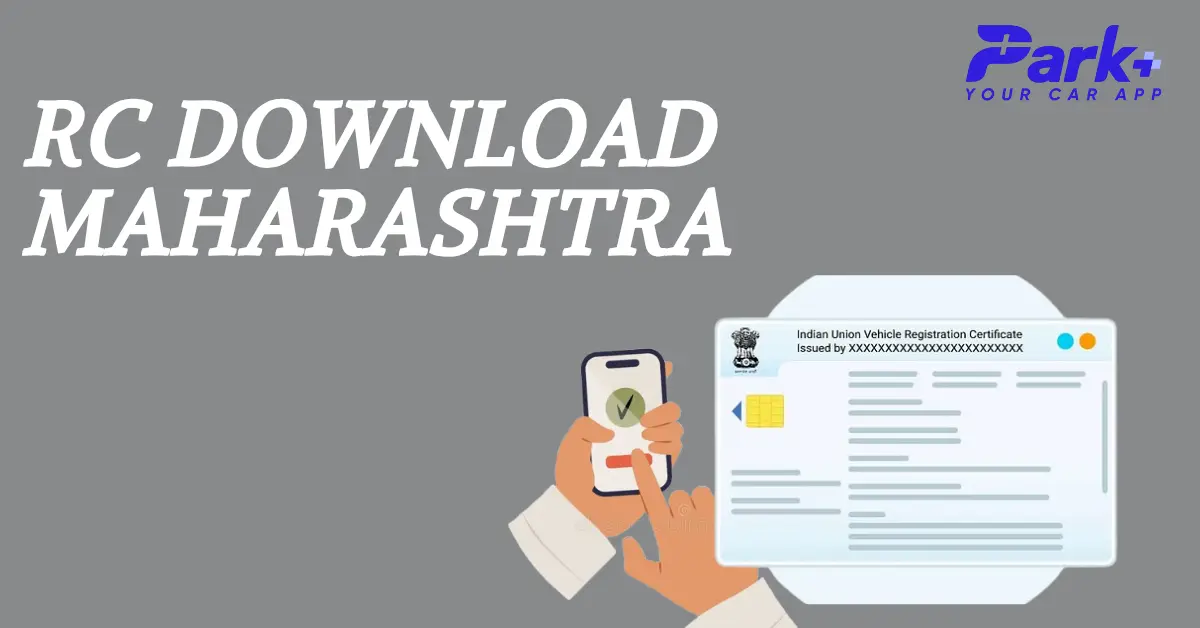

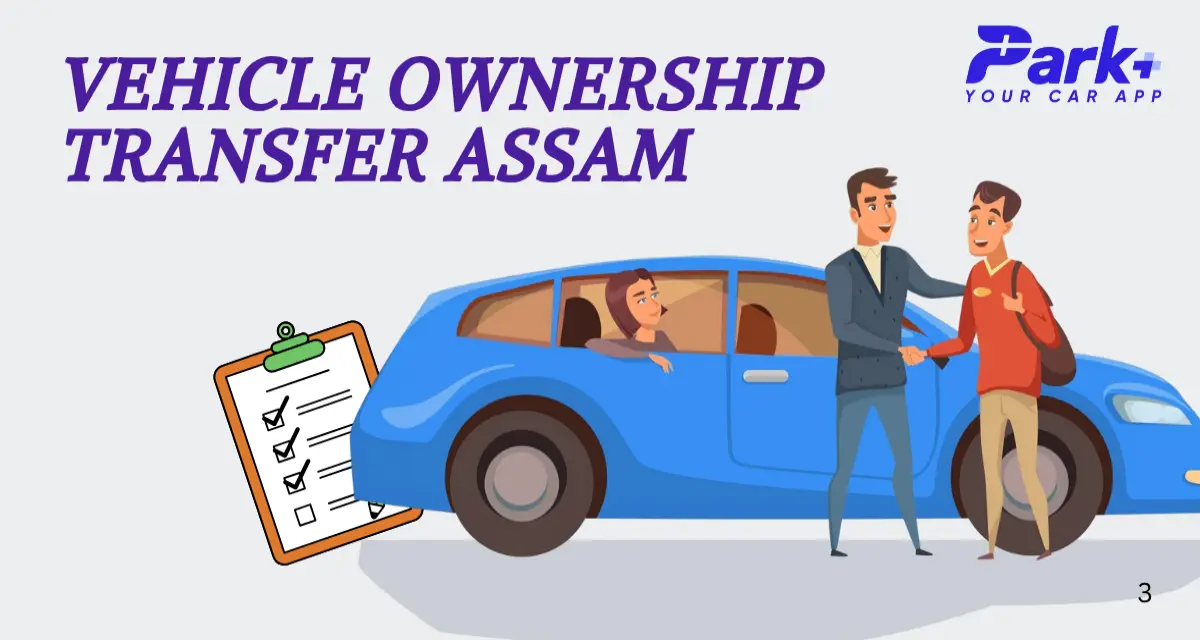
What Services does RTO Provide?
The Regional Transport Office (RTO) provides a range of services related to vehicle registration, driver licensing, and enforcement of transportation laws. Some of the key services offered by RTOs include:
1
RTO facilitate the registration of new vehicles and the renewal of registration for existing vehicles.
2
Provide driver's licenses and other permits needed to drive various types of vehicles.
3
Vehicle Fitness Certification to assess vehicle roadworthiness and safety standards, issuing fitness certificates accordingly.
4
Issuance of Permits for commercial vehicles such as taxis, buses, trucks, and auto-rickshaws, allowing them to operate legally.
5
Collect Road Taxes and other fees related to vehicle registration and licensing.
6
Enforcement of Traffic Rules, such as monitoring vehicle emissions and conducting vehicle inspections.
7
RTOs maintain databases of registered vehicles, drivers, and other relevant information to ensure transparency and accountability in transportation management.
